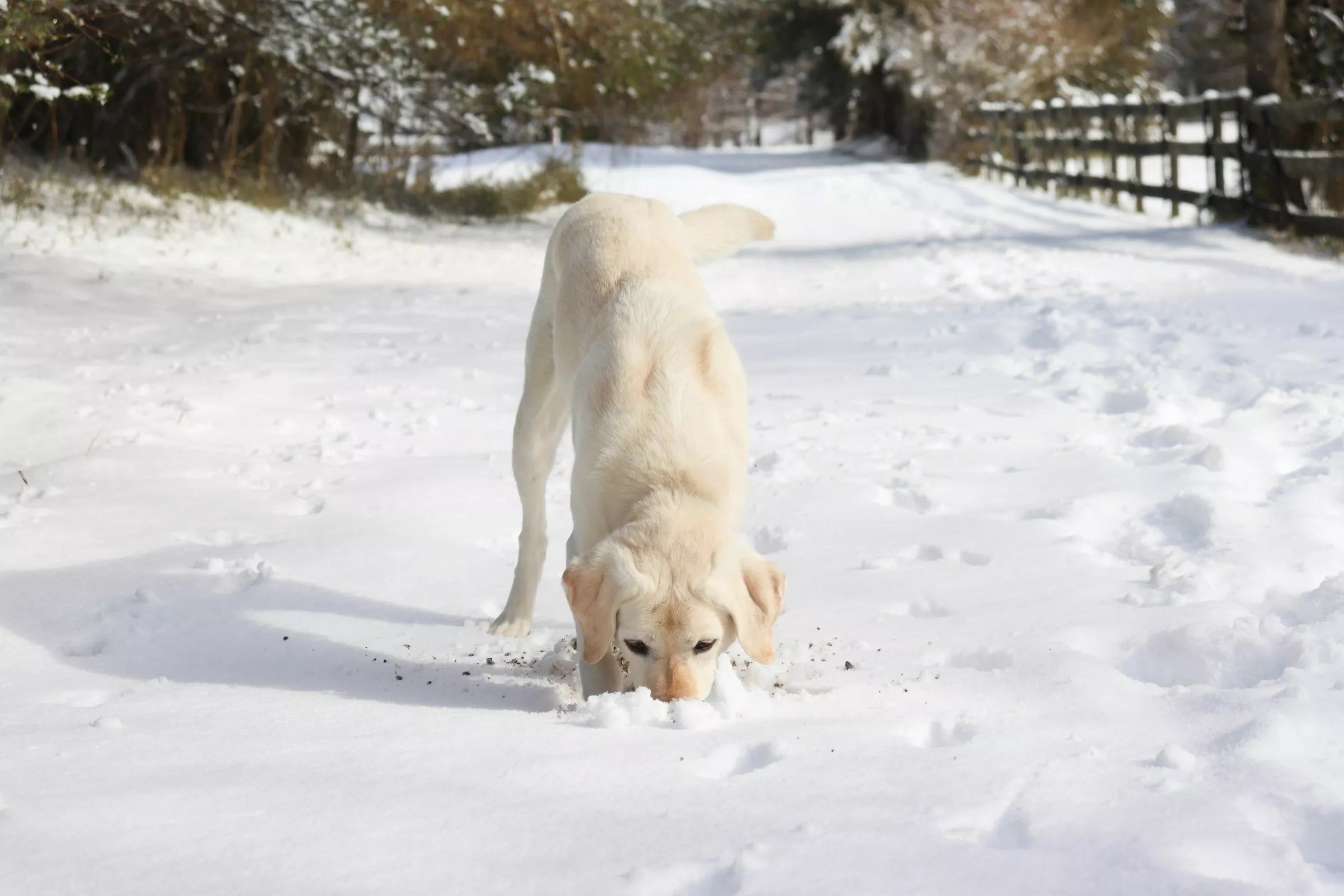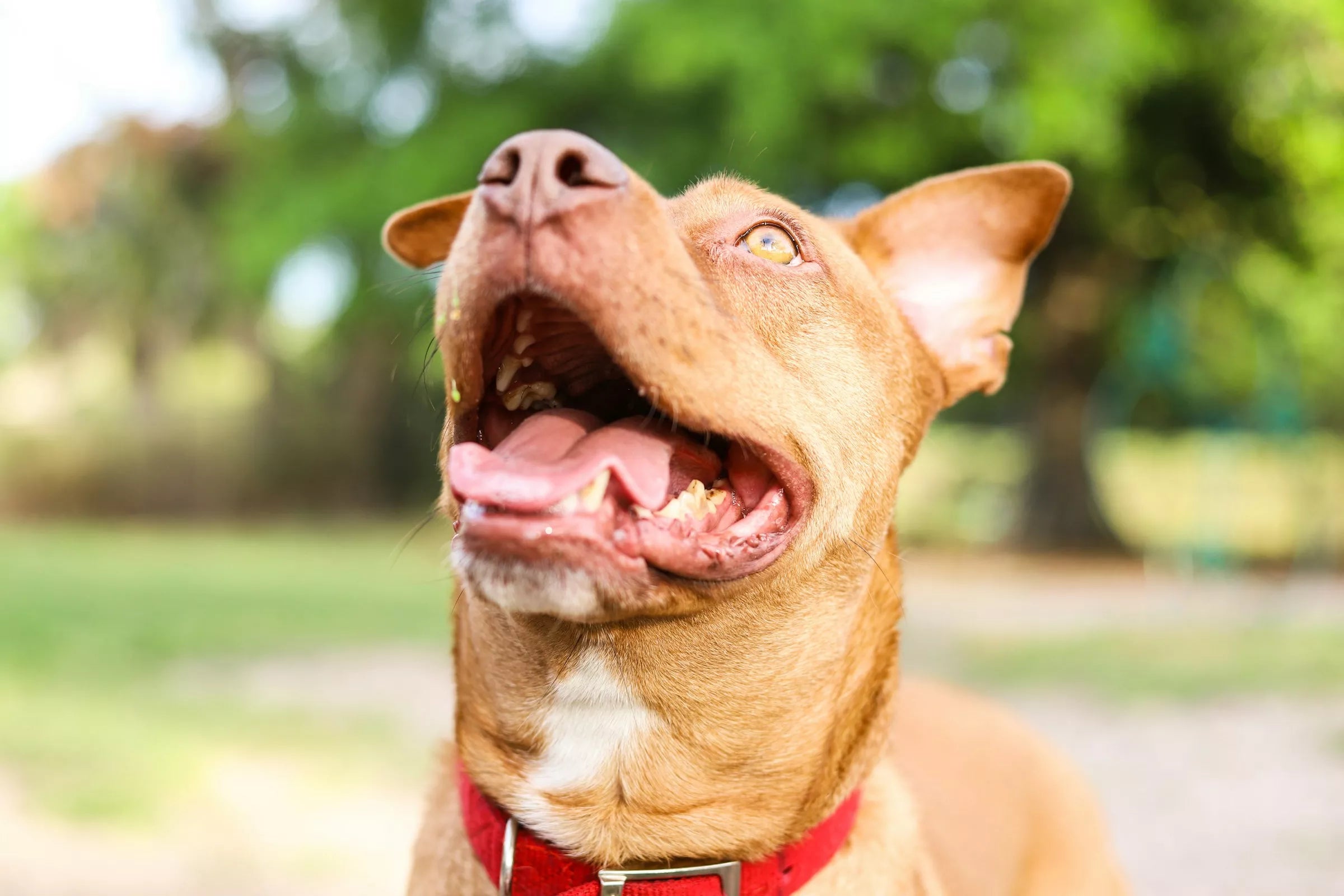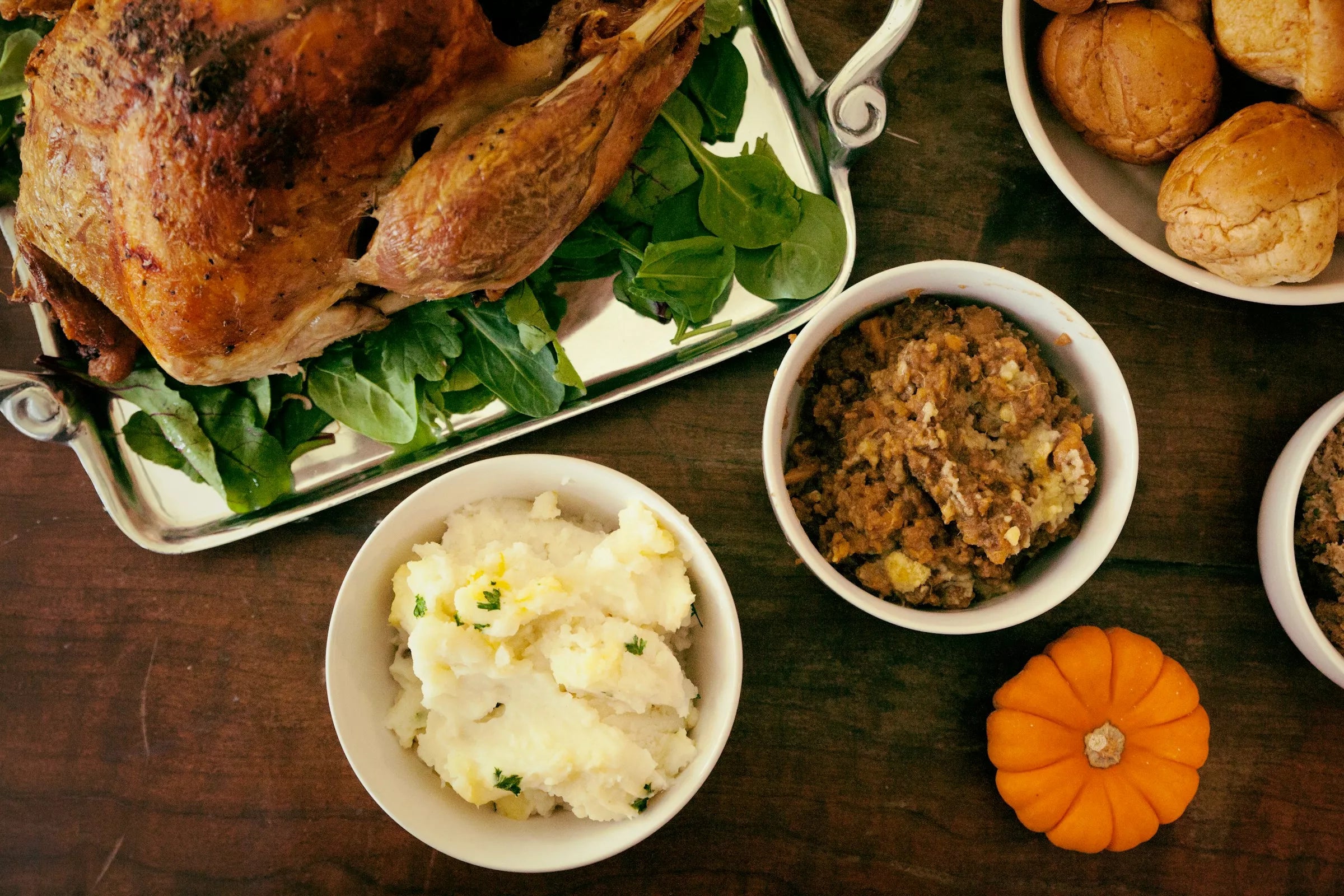Jump to Section
- Can Dogs Eat Dairy?
- What Types Of Dairy Are Safe?
- Signs Of Lactose Intolerance In Dogs
- How Much Dairy Can My Dog Have?
- Can Dogs Benefit From Dairy?
- Healthy Alternatives To Dairy
- Frequently Asked Questions
Can Dogs Eat Dairy?

In short — some dogs can tolerate dairy, others can’t. While dairy isn’t toxic, many dogs are lactose intolerant, which means they may struggle to digest it properly. That’s why moderation is key — and why it’s important to know the signs of intolerance.
What Types Of Dairy Are Safe?
Not all dairy is created equal. Here’s what’s typically safe in small amounts:
- Plain yogurt: A great source of probiotics, especially if it’s unsweetened and low in lactose.
- Cheese: Many dogs love it, and it can be useful for training. Stick to mild cheeses like mozzarella or cheddar.
- Cottage cheese: Low in fat and easier to digest than most cheeses.
Be sure to avoid anything with added sugars, flavourings, or artificial sweeteners like xylitol — which is toxic to dogs.
Signs Of Lactose Intolerance In Dogs

If your dog has trouble digesting dairy, it usually shows up within a few hours. Watch for these signs:
- Gas or bloating
- Diarrhoea or loose stools
- Vomiting
- Itchy skin or ear infections (in rare cases, a sign of food sensitivity)
If your dog shows any of these symptoms after eating dairy, it's best to avoid it entirely going forward. You can read more about related concerns in our Is My Dog Overeating? blog.
How Much Dairy Can My Dog Have?
Small is safe. For most dogs, a teaspoon of plain yogurt or a cube of cheese is plenty. Larger dogs may tolerate a bit more — but always start small to see how they react.
And remember, dairy is a treat — not a staple. It shouldn’t make up more than 10% of your dog’s daily calorie intake.
Can Dogs Benefit From Dairy?

In some cases, yes. Plain yogurt with live cultures can support gut health. Calcium and protein in cheese can be beneficial in moderation. But dogs don’t need dairy to thrive — so don’t feel the need to add it unless there’s a clear benefit for your pup.
Healthy Alternatives To Dairy
If your dog loves the texture or taste of dairy but doesn’t tolerate it well, try these alternatives:
- Frozen banana bites
- Sweet potato chews
- Dog-safe ice creams (like those from reputable pet brands)
- Kongs filled with soaked kibble or wet food
Frequently Asked Questions
Can dogs drink milk?
Small amounts of plain cow’s milk aren’t toxic, but many dogs can’t digest it well. Goat’s milk is sometimes easier on their stomachs.
Is cheese bad for dogs?
Not if given in moderation. Cheese is rich and high in fat, so it’s best used sparingly — especially with dogs prone to pancreatitis or weight gain.
Can puppies have dairy?
It’s not recommended. Their digestive systems are sensitive, and introducing dairy too early can cause upset.
Is Greek yogurt good for dogs?
Yes — as long as it’s plain, unsweetened, and free of artificial ingredients. It’s a good source of protein and probiotics.
Can lactose-free dairy products be given to dogs?
Yes, they’re generally safer for sensitive dogs — but still should be offered in moderation.
Is butter safe for dogs?
Technically yes, but it’s very high in fat and offers little nutritional value. Best to avoid.
Can dairy cause ear infections in dogs?
In dogs with food sensitivities, yes. Chronic ear infections can sometimes be linked to diet — including dairy.
Is ice cream okay for dogs?
Most commercial ice cream isn’t ideal. It’s high in sugar and may contain xylitol. Opt for dog-specific frozen treats instead.
How often can I give my dog cheese?
Keep it occasional — a few times a week at most, and in tiny training-sized bites.
What should I do if my dog eats too much dairy?
Watch for signs of discomfort and give their stomach a rest. If symptoms persist for more than 24 hours, call your vet.















Share:
Is My Dog Overeating?
100 Words Dogs Understand